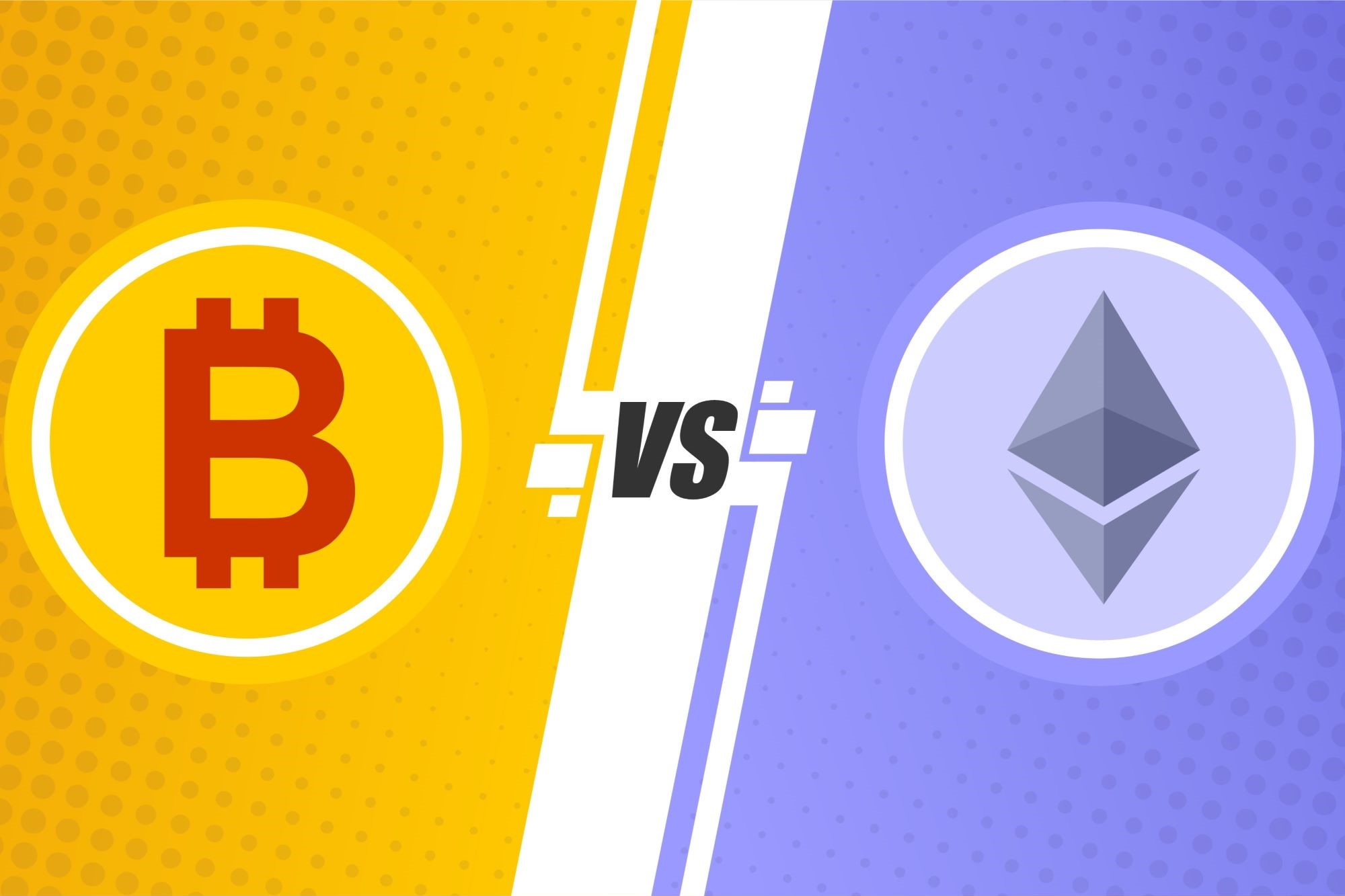In the ever-evolving landscape of cryptocurrencies, businesses are faced with the decision of which digital currencies to accept as a form of payment. With the rise of Bitcoin and the proliferation of alternative coins (altcoins), it’s crucial for businesses to weigh the pros and cons before making a decision. This article delves into the comparison between Bitcoin and altcoins to help businesses navigate this complex terrain and make informed choices.
What is Bitcoin?
Bitcoin, often hailed as the pioneer of the cryptocurrency revolution, emerged in 2008 through a whitepaper published by an anonymous entity or group known as Satoshi Nakamoto. Its inception marked a paradigm shift in the concept of money, introducing a decentralized digital currency free from the control of traditional financial institutions. Bitcoin operates on a peer-to-peer network, allowing users to transact directly without the need for intermediaries like banks. This decentralized nature not only fosters financial autonomy but also enhances security by eliminating single points of failure.
One of Bitcoin’s defining characteristics is its limited supply. Unlike fiat currencies subject to inflationary pressures, Bitcoin is programmed to have a maximum supply of 21 million coins. This scarcity is built into the protocol through a process known as halving, where the block reward for miners is periodically reduced by half. As a result, Bitcoin is often regarded as a deflationary asset, with its fixed supply potentially leading to increased value over time. This feature has attracted investors seeking a hedge against inflation and a store of value in an uncertain economic landscape.
In addition to its decentralized architecture and limited supply, Bitcoin is renowned for its transparency. All transactions conducted on the Bitcoin network are recorded on a public ledger called the blockchain. This distributed ledger technology ensures that every transaction is traceable and verifiable by anyone with access to the network. The transparency provided by the blockchain not only enhances accountability but also promotes trust among users. Moreover, the immutability of the blockchain ensures that once a transaction is recorded, it cannot be altered or tampered with, further solidifying Bitcoin’s reputation as a secure and reliable form of digital currency.
Exploring Altcoins
What are Altcoins?
Altcoins encompass a broad spectrum of cryptocurrencies that exist beyond Bitcoin. These digital currencies, ranging from Ethereum to Ripple to Litecoin, represent alternatives to Bitcoin in the evolving landscape of digital assets. While Bitcoin holds the spotlight as the pioneer cryptocurrency, altcoins play a significant role in diversifying the crypto market and offering innovative solutions to various industries and use cases.
Diversity of Altcoins
Different Use Cases: Altcoins are not merely replicas of Bitcoin but are often tailored to serve specific purposes or address particular shortcomings in the cryptocurrency ecosystem. For example, Ethereum introduced smart contracts, enabling developers to build decentralized applications (DApps) on its blockchain. Ripple focuses on facilitating cross-border payments and remittances, offering faster and more cost-effective transactions compared to traditional banking systems. Similarly, Litecoin aims to provide faster transaction confirmation times and lower fees compared to Bitcoin, making it more suitable for everyday transactions.
Varied Technology: Each altcoin is characterized by its unique technological framework and consensus mechanism. Ethereum, for instance, employs a proof-of-stake (PoS) consensus algorithm called Casper, which differs from Bitcoin’s proof-of-work (PoW) mechanism. Ripple utilizes a distributed consensus ledger known as the Ripple Protocol Consensus Algorithm (RPCA), enabling rapid transaction settlement. Litecoin, on the other hand, implements a different hashing algorithm called Scrypt, which is less resource-intensive than Bitcoin’s SHA-256 algorithm. These variations in technology contribute to the diverse functionalities and capabilities of altcoins, catering to different user preferences and requirements.
Comparison: Bitcoin vs. Altcoins
| Criteria | Bitcoin | Altcoins |
| Security and Stability | – Proven Track Record: Bitcoin has been around for over a decade and has established itself as a secure and stable store of value.
– Large Network: Its widespread adoption and robust network make it less susceptible to security breaches and attacks. |
– Varied Security Levels: While some altcoins may offer enhanced security features, others may be more vulnerable to hacks and manipulation due to their smaller networks. |
| Transaction Speed and Scalability | – Scalability Issues: Bitcoin has faced challenges with scalability, resulting in slower transaction times and higher fees during periods of high demand. | – Potential for Faster Transactions: Many altcoins aim to improve upon Bitcoin’s scalability issues by offering faster transaction speeds and lower fees. |
| Market Adoption and Liquidity | – Widespread Acceptance: Bitcoin enjoys broader acceptance among merchants and consumers compared to most altcoins.
– High Liquidity: Its large market capitalization and trading volume contribute to high liquidity, making it easier to buy, sell, and exchange. |
– Niche Markets: While some altcoins have gained significant adoption in niche markets or industries, most lack the widespread acceptance of Bitcoin.
– Lower Liquidity: Altcoins generally have lower liquidity compared to Bitcoin, which can result in higher price volatility and trading risks. |
In this comparison between Bitcoin and altcoins, several key factors are analyzed to understand their differences and implications for businesses and investors. While Bitcoin boasts a proven track record and a large network, providing security and stability, altcoins offer potential advantages such as faster transaction speeds and lower fees. However, altcoins may also pose risks due to their varied security levels and lower liquidity compared to Bitcoin. Understanding these differences is essential for making informed decisions in the cryptocurrency market.
Factors to Consider for Businesses
When it comes to considering cryptocurrencies for business transactions, understanding customer preferences is paramount. Conducting surveys or market research allows businesses to gain insights into their customers’ attitudes towards cryptocurrency payments. By identifying the demand and preferences for specific digital currencies, businesses can tailor their payment options to meet customer needs effectively. Moreover, understanding customer preferences enables businesses to stay ahead of the curve and adapt to evolving trends in the cryptocurrency market, enhancing customer satisfaction and loyalty.
Volatility and risk management are crucial aspects that businesses must address when contemplating cryptocurrency acceptance. Cryptocurrency markets are known for their volatility, with prices fluctuating rapidly over short periods. Businesses need to conduct thorough risk assessments to evaluate the potential risks associated with accepting cryptocurrencies, especially altcoins with smaller market capitalization. Implementing risk management strategies such as setting price thresholds or using hedging mechanisms can help mitigate the impact of price volatility on business operations and finances.
Another important factor for businesses to consider is the integration and infrastructure required for accepting cryptocurrencies. Assessing the technical compatibility of existing payment infrastructure with different cryptocurrencies is essential to ensure seamless integration and functionality. Choosing cryptocurrencies that are easier to integrate with existing systems streamlines the adoption process and minimizes implementation costs and complexities.
Additionally, businesses should evaluate the scalability and security features of cryptocurrency payment solutions to ensure smooth and secure transactions for both merchants and customers. By prioritizing technical compatibility and infrastructure readiness, businesses can effectively leverage the benefits of cryptocurrency payments while minimizing operational challenges.




